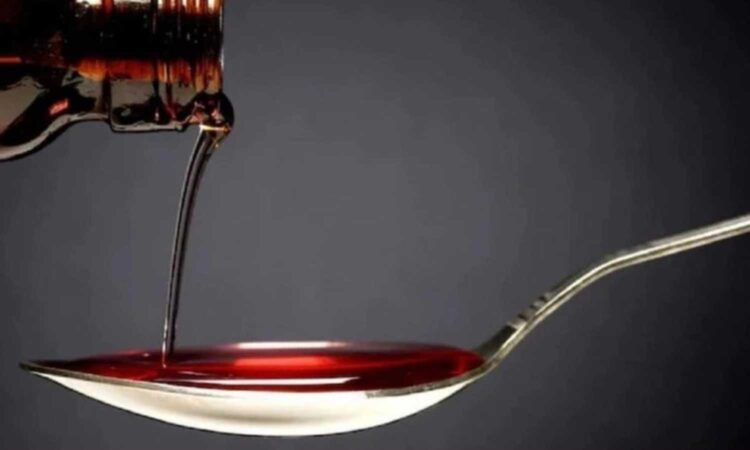Hyderabad: The Centre issued an advisory to all states and Union Territories on Friday, directing doctors not to prescribe cough and cold syrups to children under two years.
The Directorate General of Health Services (DGHS), under the Union Health Ministry, issued the advisory after reports linked child deaths in Madhya Pradesh to contaminated syrups. However, the health ministry said tests on samples from the state showed no Diethylene Glycol (DEG) or Ethylene Glycol (EG). These chemicals can cause serious kidney damage.
Centre rules out contamination but urges strict caution on cough syrups
The DGHS advisory said doctors should avoid giving cough syrups to children under five unless necessary. For older children, doctors must evaluate carefully, prescribe the lowest dose for the shortest duration, and avoid combinations.
In addition, the advisory urged parents and doctors to prefer non-drug measures such as hydration, rest, and supportive care. It is noted that most cough illnesses in children resolve naturally.
Dr Sunita Sharma of DGHS said doctors and chemists must use cough syrups rationally. She also directed hospitals to procure only products manufactured under Good Manufacturing Practices with pharmaceutical-grade excipients.
Meanwhile, the ministry said a joint team from NCDC, NIV, and CDSCO collected syrup samples in Madhya Pradesh. Tests confirmed the absence of DEG and EG. The state FDA also tested three samples and found no contamination.
Further, NIV Pune tested blood and spinal fluid samples, finding one child positive for Leptospirosis. Investigators are also examining water, environmental samples, and mosquito vectors. As a result, a multidisciplinary team from NCDC, NIV, ICMR, AIIMS-Nagpur, and state authorities is probing all possible causes.
The ministry also addressed reports of child deaths in Rajasthan. Officials clarified that the implicated product contained Dextromethorphan, which is not recommended for children. However, the syrup did not include Propylene Glycol, a potential source of DEG or EG contamination.










